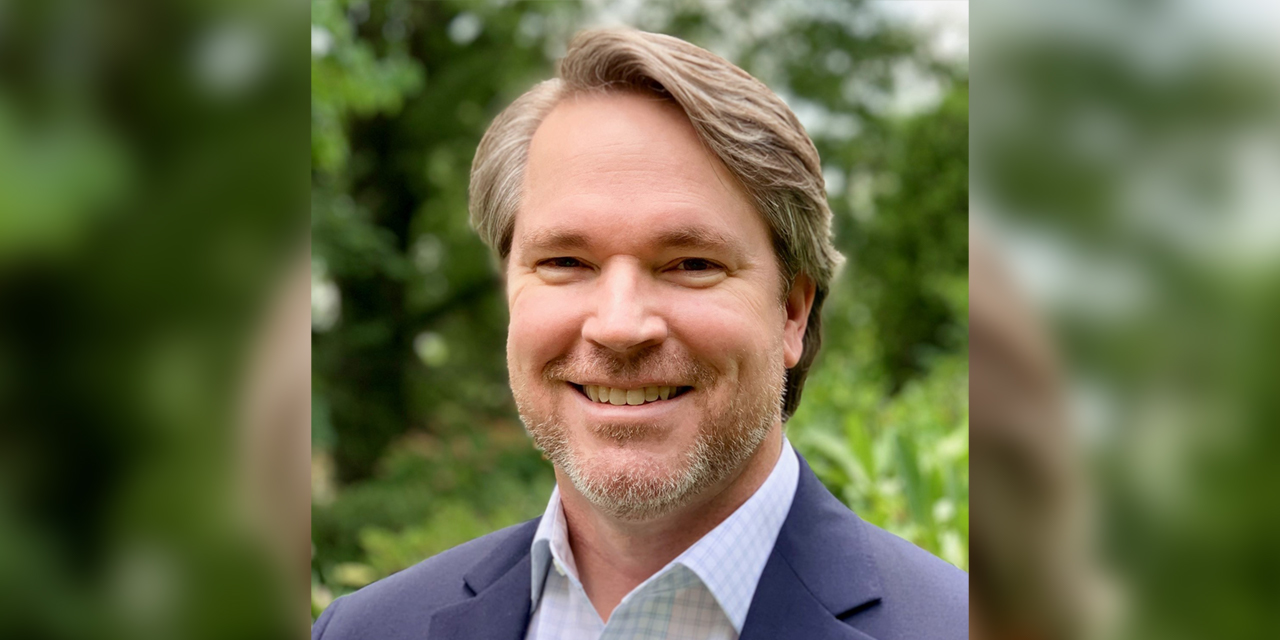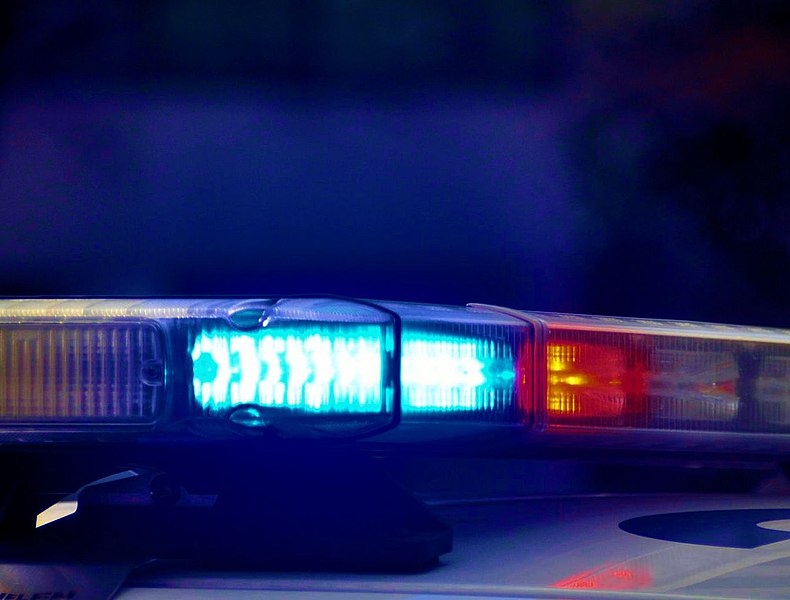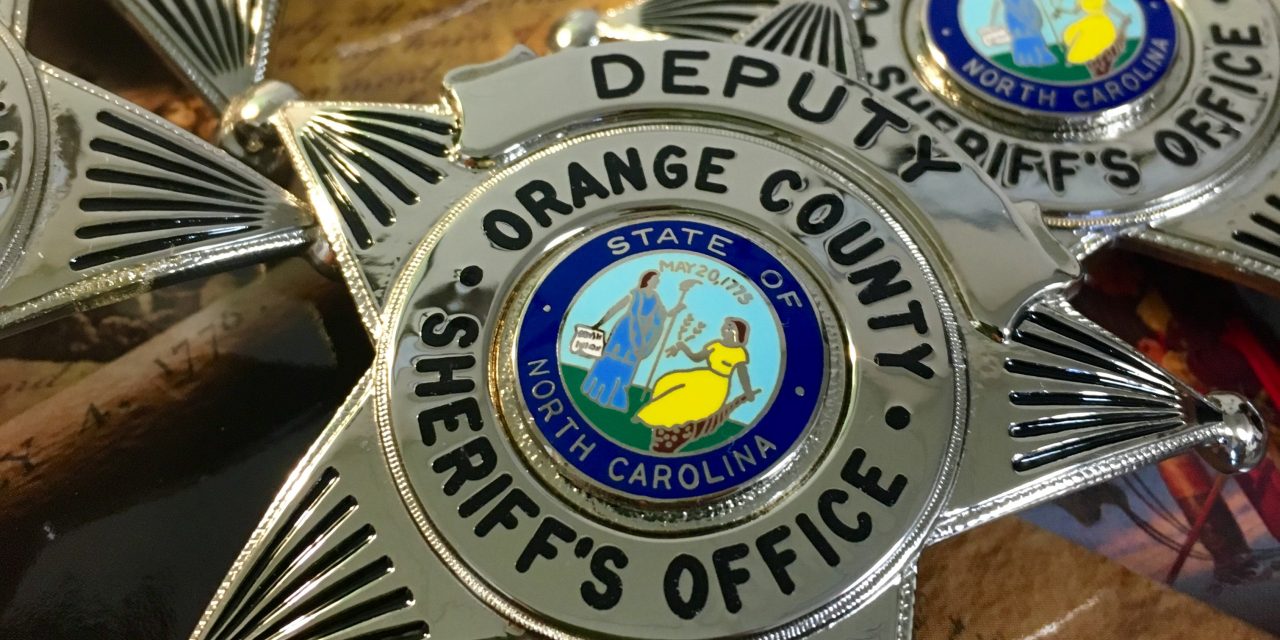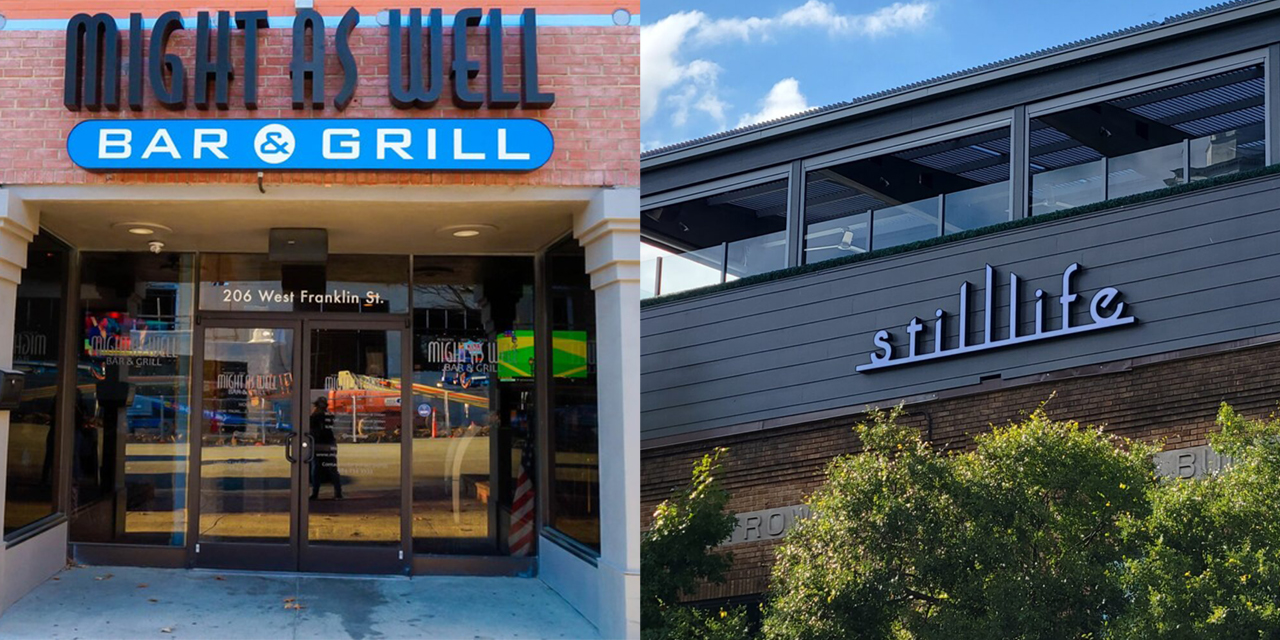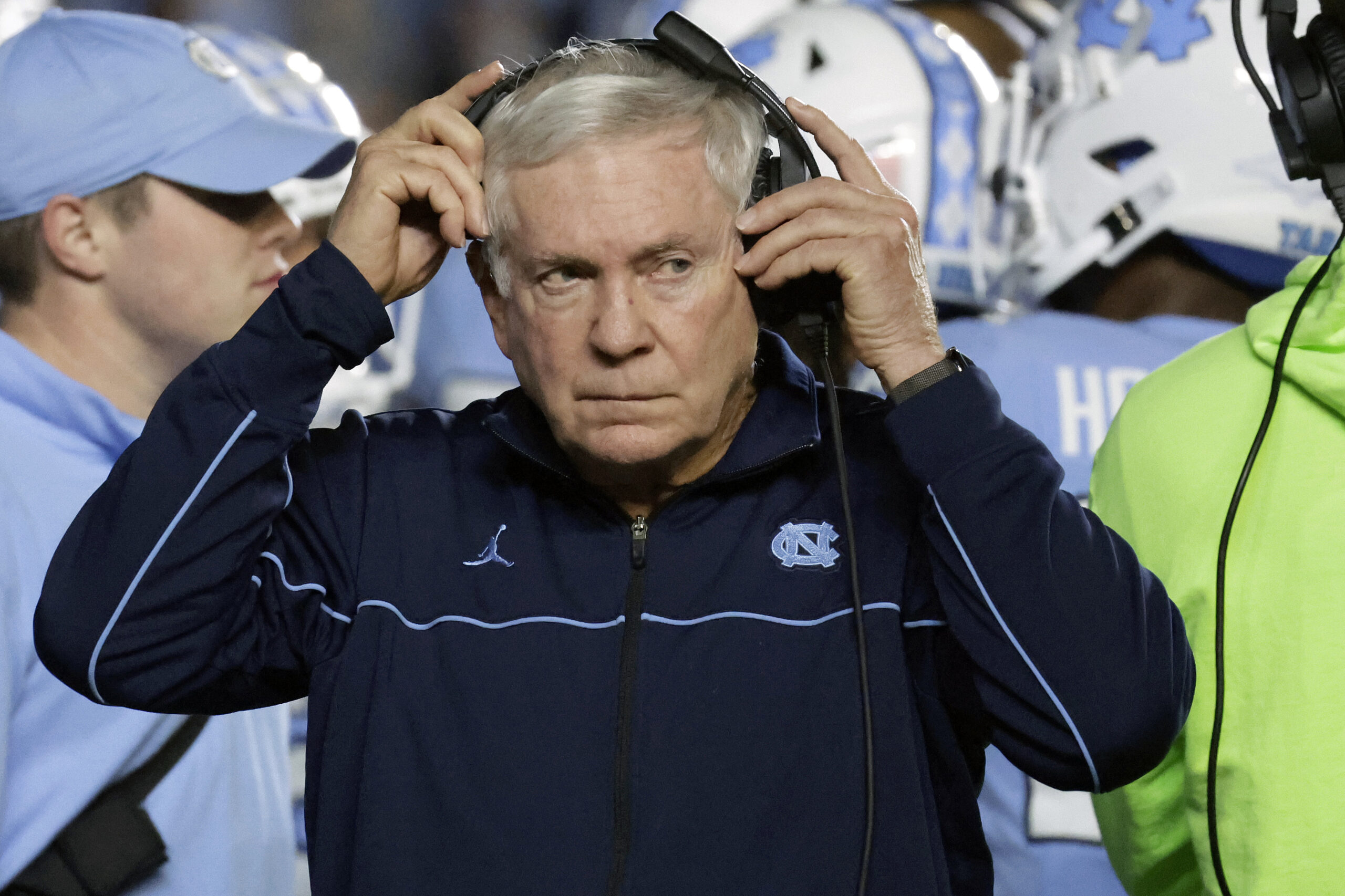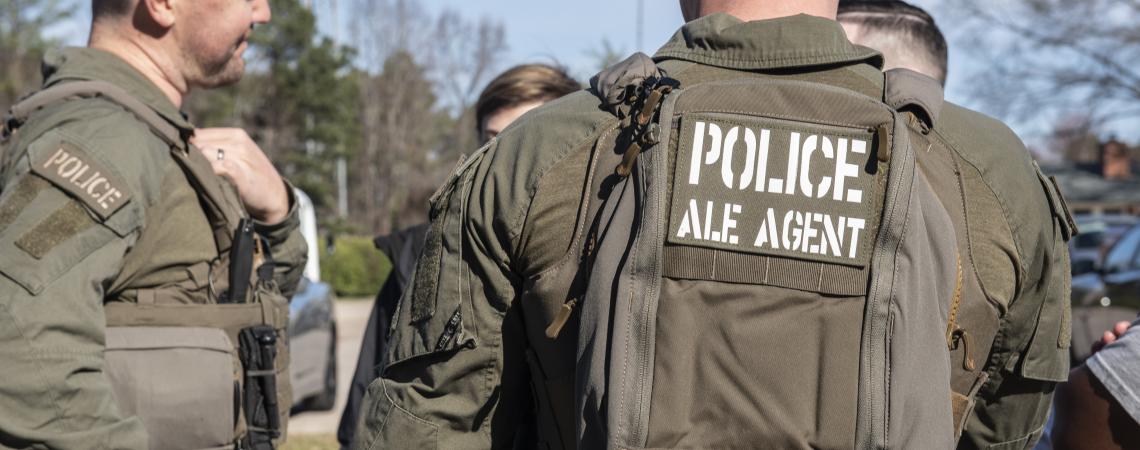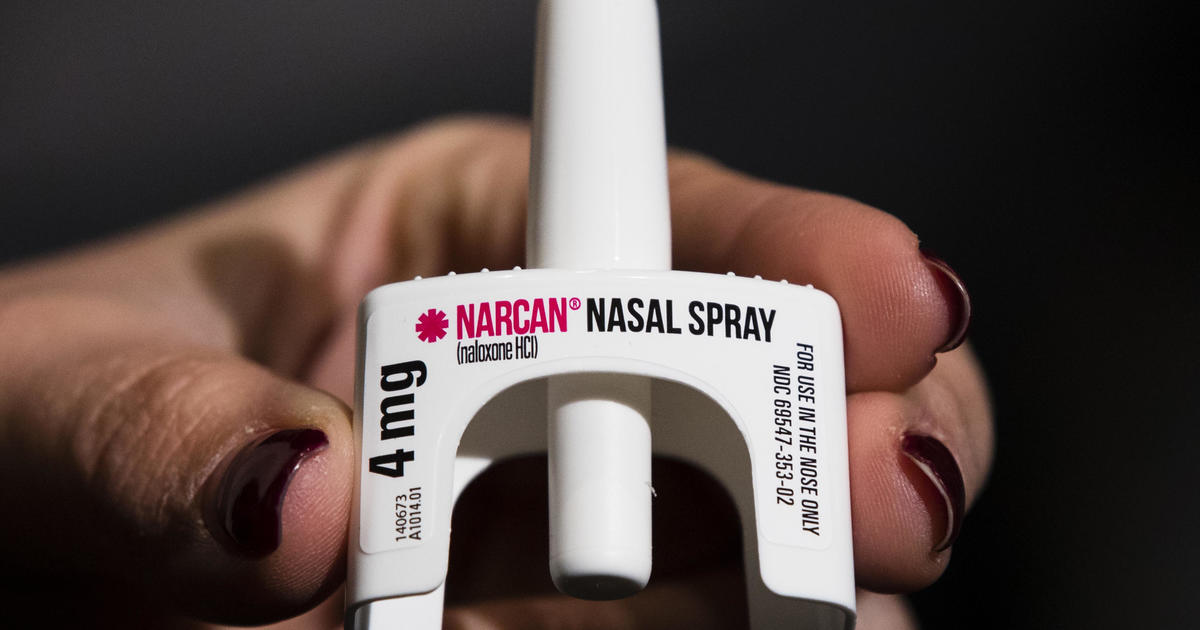Starting in August, underage drinkers and their companions could be protected from legal prosecution if they call 911 to report alcohol overdoses, under an expansion of the Good Samaritan law North Carolina enacted in 2013.
George Hare is Deputy Chief of UNC Public Safety. He says the state law codifies what UNC campus police are doing already.
“We adopted many years ago, philosophically, what this law embraces anyway,” says Hare. “If we had any student who was calling for medical reasons, or a student had been underage drinking, our first priority was getting help for that student.”
Jamison Sykes, Chief Deputy with the Sheriff’s Office, says, in general, law enforcement agencies in Orange County favor harm reduction rather than prosecution.
“The primary concern when we get that 911 call is get help to that patient,” says Sykes. “We’re not concerned about possession, statutes, or arresting people. Our concern is to get that patient the help they need.”
Underage drinking is a regular occurrence in many college towns, and Chapel Hill is no exception. According to department statistics, Chapel Hill police have issued more than 400 charges related to underage drinking in the past five years.
While Hare says the policy of harm reduction has served Orange County well, he’s seen campus police elsewhere take a more punitive tone.
“I think it speaks well for Orange County. I know it’s not that way for counties across the state,” says Hare. “I’ve heard other colleagues of mine embrace zero tolerance as the only way we’re going to stop the underage drinking. They say the only way you’re going to do that is to cite [students] and get them in front of a judge. I don’t get that, because that’s going to have a chilling effect and that chilling effect is going to cause someone to get hurt.”
Hare doesn’t believe zero tolerance policies protect young drinkers, but he and other officials hope a message of moderation can. He says it is easy and all too common for new students to underestimate the effects of alcohol. The focus for officers, he says, should be on helping students understand the consequences of their choices, not on writing citations.
“We track right down like the Hippocratic Oath- first, do no harm,” says Hare. “We also know these students can do some really careless things, but that shouldn’t carry with them their entire lives. So we’re here to get them through this very challenging part of their life as successfully as we possibly can and with as little harm as we possibly can. Really, for a law enforcement officer to think in terms of a priority for writing a citation for underage drinking- it’s stepping over dollars and picking up pennies.”
Orange County Emergency Services Director Jim Groves says this policy makes sense from a public health perspective.
“From the emergency medical service side, we like the idea of students or friends or peers being able to feel empowered to call for help if they see someone in need. Don’t be afraid of law enforcement showing up,” says Groves. “If they see someone in need, I hope they’ll feel more comfortable calling 911 and asking for help for that student.”
North Carolina’s Good Samaritan law was originally enacted in 2013 in response to the increase in opiate overdoses. It grants limited immunity from prosecution to those seeking medical help for drug and alcohol poisoning, as well as the victims. It is intended to encourage companions to seek treatment for anyone suffering an overdose without fear of legal consequences. It also makes it easier to distribute Naloxone, a drug that can reverse an opiate overdose.
The latest amendments expand who is protected under the law, while also requiring callers to identify themselves to emergency dispatchers.
UNC’s Campus Health Services website has been updated to include the new information, and officials say they are working on incorporating medical amnesty into campus policies, so students may also receive immunity from housing and conduct violations in medical emergencies.

